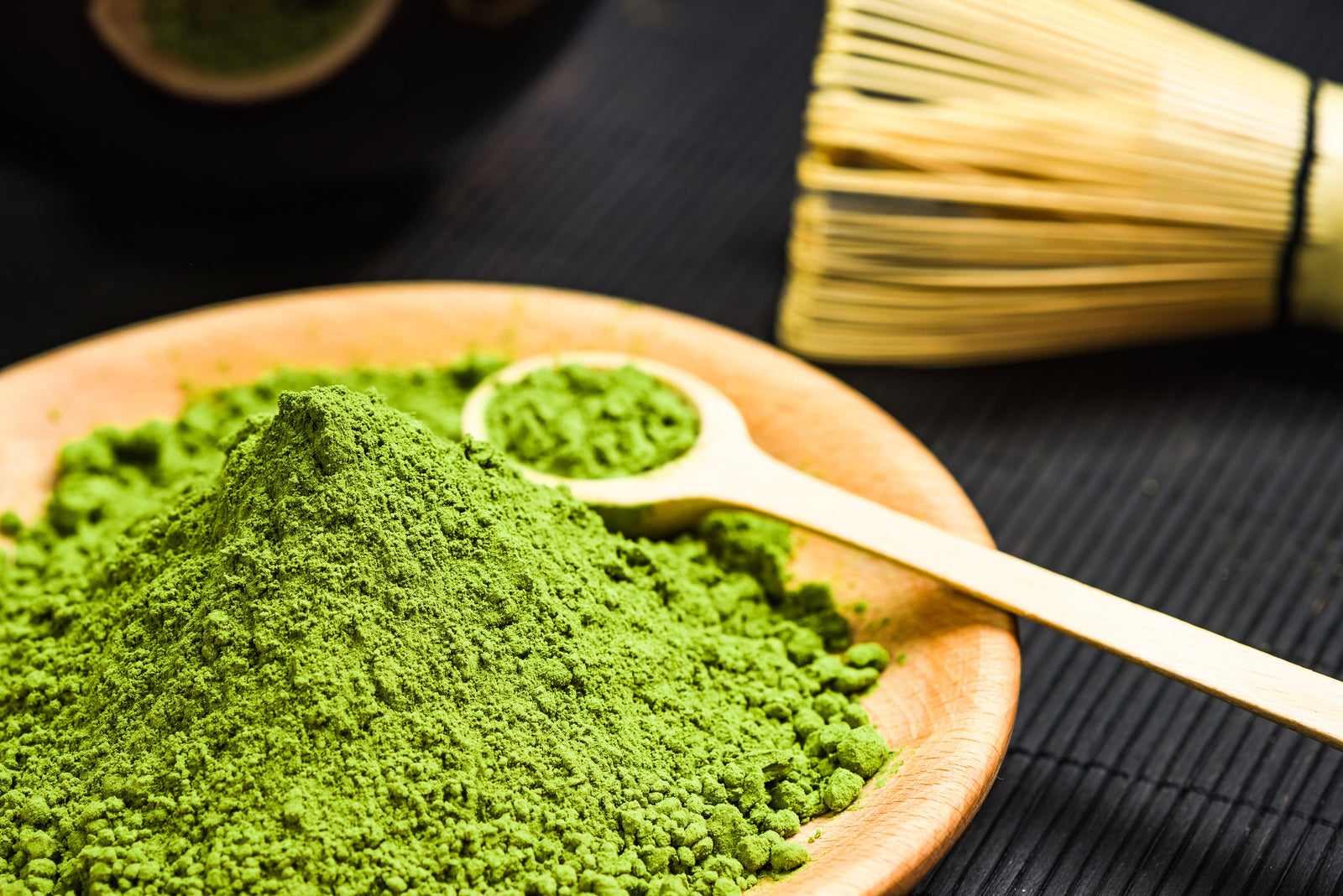The Remarkable Benefits of Japanese Organic Ceremony Grade Matcha

In recent years, matcha has taken the world by storm, and for good reason. This finely ground powder of specially grown and processed green tea leaves, particularly the organic ceremony grade from Japan, offers a plethora of health benefits alongside its rich cultural significance. Let's delve into why this emerald elixir deserves a place in your daily routine.
What is Organic Ceremony Grade Matcha?
Before we explore its benefits, it's important to understand what sets organic ceremony grade matcha apart. This highest quality matcha is made from the youngest tea leaves, hand-picked and stone-ground into a fine powder. The "organic" designation ensures it's grown without synthetic pesticides or fertilizers, while "ceremony grade" refers to its use in traditional Japanese tea ceremonies, guaranteeing superior quality and flavor.
Health Benefits
- Antioxidant Powerhouse: Matcha is rich in catechins, particularly epigallocatechin gallate (EGCG), a potent antioxidant. These compounds help fight free radicals, potentially reducing the risk of chronic diseases and signs of aging.
- Enhanced Cognitive Function: The combination of L-theanine and caffeine in matcha provides a stable energy boost and improved mental clarity without the jitters often associated with coffee.
- Stress Reduction: L-theanine promotes relaxation and can help reduce stress and anxiety, creating a calm-alertness.
- Heart Health: Regular consumption of matcha may help lower bad cholesterol levels and reduce the risk of heart disease.
- Weight Management: The compounds in matcha can boost metabolism and aid in fat burning, supporting weight loss efforts when combined with a healthy diet and exercise.
- Detoxification: Chlorophyll, which gives matcha its vibrant green color, is known for its detoxifying properties, helping to cleanse the body of toxins.
- Skin Health: The antioxidants in matcha can help protect the skin from UV damage and may improve its overall appearance.
Cultural Significance
Beyond its health benefits, organic ceremony grade matcha carries deep cultural significance. The Japanese tea ceremony, or chanoyu, is a choreographed art form centered around the preparation and presentation of matcha. This practice emphasizes mindfulness, respect, and tranquility - principles that can be incorporated into our daily lives.
Incorporating Matcha into Your Routine
You don't need to be a tea ceremony master to enjoy the benefits of matcha. Start your day with a traditional matcha tea, add it to your smoothies, or try matcha-infused recipes like energy balls or chia pudding. Remember, a little goes a long way - typically 1/2 to 1 teaspoon per serving is sufficient.
Conclusion
Japanese organic ceremony grade matcha is more than just a trendy beverage. It's a time-honored tradition offering numerous health benefits and a moment of mindfulness in our busy lives. By incorporating this green gold into your routine, you're not just supporting your health, but also partaking in a rich cultural heritage. So why not start your matcha journey today?
Sources and References
- Weiss, D. J., & Anderton, C. R. (2003). Determination of catechins in matcha green tea by micellar electrokinetic chromatography. Journal of Chromatography A, 1011(1-2), 173-180. [1]
- Dietz, C., Dekker, M., & Piqueras-Fiszman, B. (2017). An intervention study on the effect of matcha tea, in drink and snack bar formats, on mood and cognitive performance. Food Research International, 99, 72-83. [2]
- Unno, K., Furushima, D., Hamamoto, S., Iguchi, K., Yamada, H., Morita, A., ... & Nakamura, Y. (2018). Stress-reducing function of matcha green tea in animal experiments and clinical trials. Nutrients, 10(10), 1468. [3]
- Suzuki, Y., Miyoshi, N., & Isemura, M. (2012). Health-promoting effects of green tea. Proceedings of the Japan Academy, Series B, 88(3), 88-101. [4]
- Willems, M. E., Şahin, M. A., & Cook, M. D. (2018). Matcha green tea drinks enhance fat oxidation during brisk walking in females. International Journal of Sport Nutrition and Exercise Metabolism, 28(5), 536-541. [5]
- Kochman, J., Jakubczyk, K., Antoniewicz, J., Mruk, H., & Janda, K. (2021). Health benefits and chemical composition of matcha green tea: A review. Molecules, 26(1), 85. [6]
- Fujioka, K., Iwamoto, T., Shima, H., Tomaru, K., Saito, H., Ohtsuka, M., ... & Manome, Y. (2016). The powdering process with a set of ceramic mills for green tea promoted catechin extraction and the ROS inhibition effect. Molecules, 21(4), 474. [7]
- Sen, S. (2013). Tea ceremony: Asian civilization course. Journal of ADA University, 1(1). [8]




